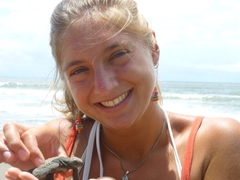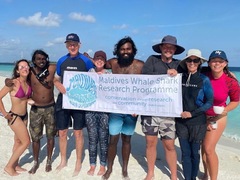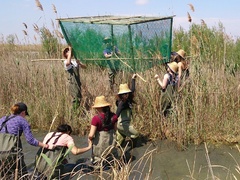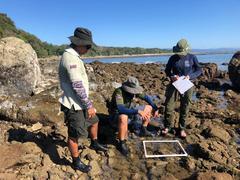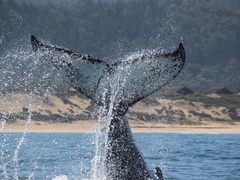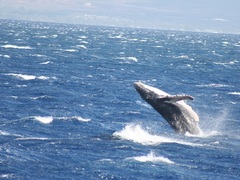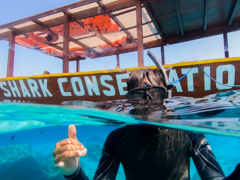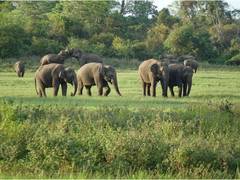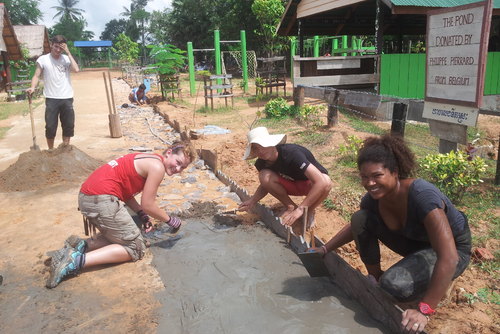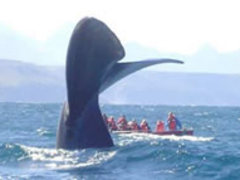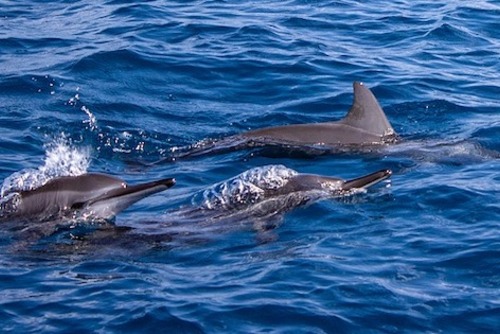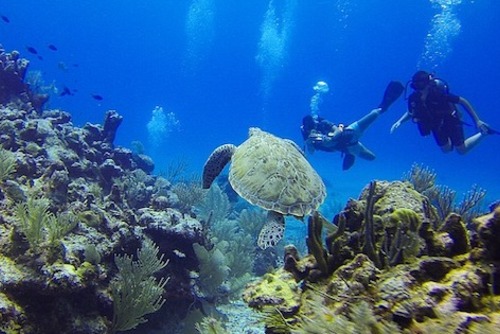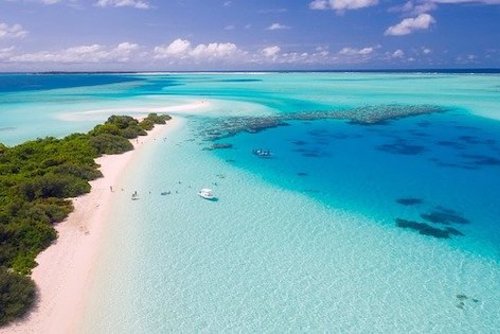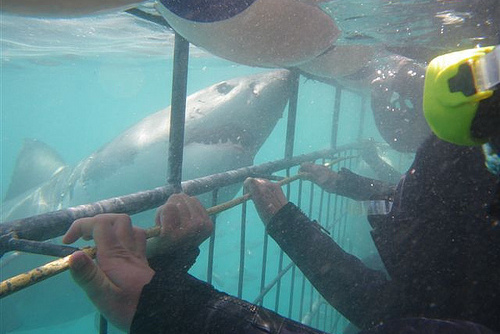Our wider attention focuses on the promotion and implementation of awareness initiatives targeted at the local community, particularly youth.
With its long marine and coastal areas, Turkey holds rich marine and terrestrial biodiversity values. About 346,138 hectares of marine area in Turkey, 31 Marine and coastal areas and about 4% of territorial waters are legally protected (National System of Marine Protected Areas, 2012).
On the other hand, the Levantine Sea, was defined with a lesser degree of marine mammal presence, is actually home to a diverse assemblage of different cetacean species and endangered Mediterranean monk seal, that are known to be in a considerable population decline.
Marine biodiversity of Turkey is severely under human pressure. Mediterranean populations of marine mammals are classified either at risk or data deficient and subjected to various anthropogenic threats:
- Destruction of marine habitats
- Over exploitation of marine resources
- By-catch
- Vessel Traffic
- Pollution
- Destruction of coastal areas.
Even though the populations suffer the consequences of human impact, there is a significant scientific gap together with low awareness to create an effective conservation and management actions. Both dedicated and consistent long-term surveys are considered necessary to accurately identify the population statues, site fidelities, residency patterns and species’ abundance and distribution patterns, as this will help to determine species’ regional status.
In September 2016 we have expanded our research to the South Adriatic sea and created the Montenegro Dolphin Project in partnership with the Natural History Association of Montenegro. Unlike many Adriatic countries, Montenegro lacks annual cetacean survey efforts. Dedicated and systematic research is needed to collect important data on cetacean species for their subsequent conservation.
Our project is the first year round study of marine mammals in Montenegrin waters and we aim to address questions on abundance, distribution and behaviour by carrying out boat and land surveys.


